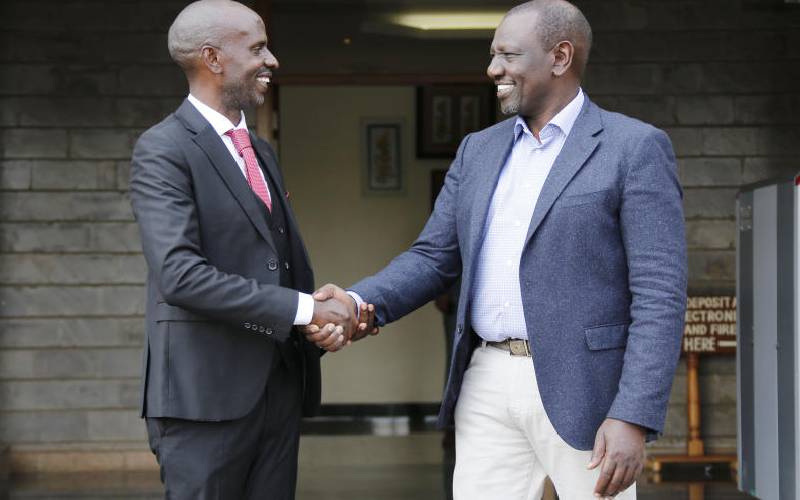×
The Standard e-Paper
Join Thousands Daily

Rebuilding the wrecked Kenyan economy will require the restoration of the rule of law, and reforming economic policies.
The rule of law is a principal under which the citizenry, institutions, entities and the State itself are accountable to laws – weak rule of law is the greatest threat to social and economic development.